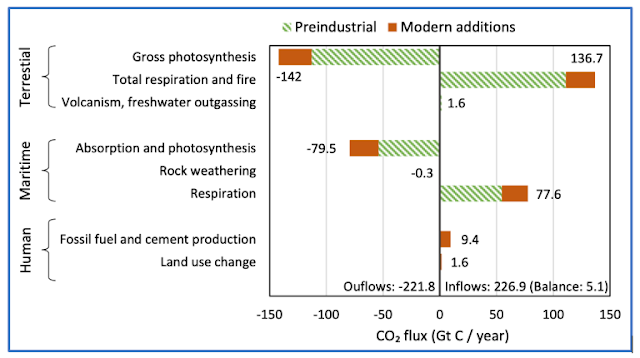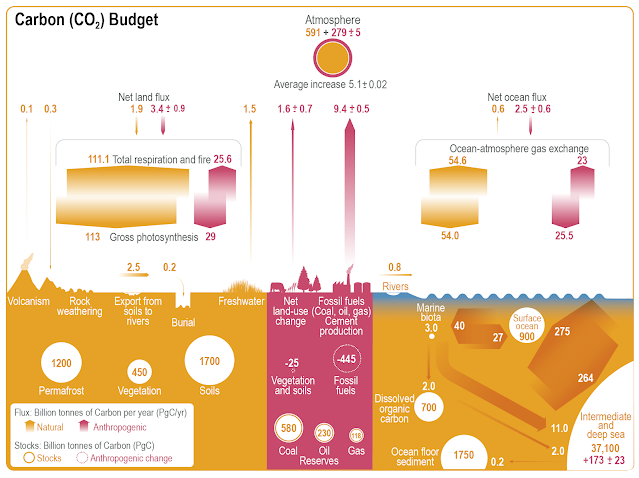Stefani's Paper Illustrates the Failure of MDPI Peer Review

A recent paper[1] published in the MDPI journal Climate by Frank Stefani provides a wonderful illustration of why we should never treat papers from MDPI journals as having any competent, let alone robust peer review. This paper argues that TCR = 1.1°C (0.6°C - 1.6°C) for doubling CO2. I'm not going to evaluate the entire paper here, since that would take too much time. The paper does make some counterfactual claims, like there's a "nearly perfect correlation of solar activity with temperatures over about 150 years." That's objectively false, but the correlation between CO2 forcings and GMST has an r^2 = 0.88. There's also some comical contrarian alarmism in this paper: "we fear that the huge Milankovitch drivers will—perhaps much too soon—massively interfere with the solar and anthropogenic factors that were considered in this paper." There's a lot we could say about this paper, but I want to focus here on some elementary math errors that would ...

